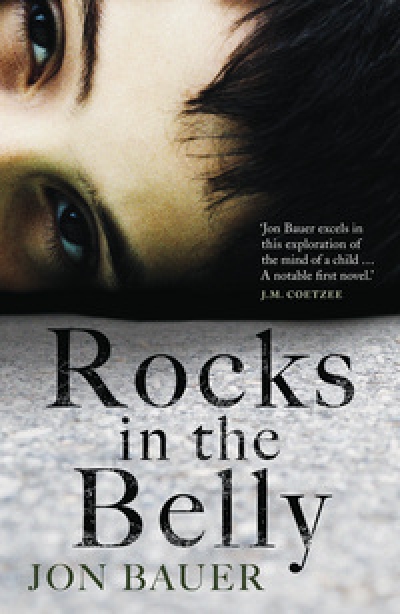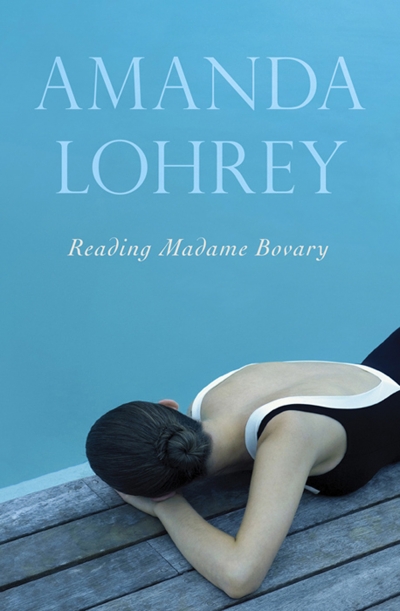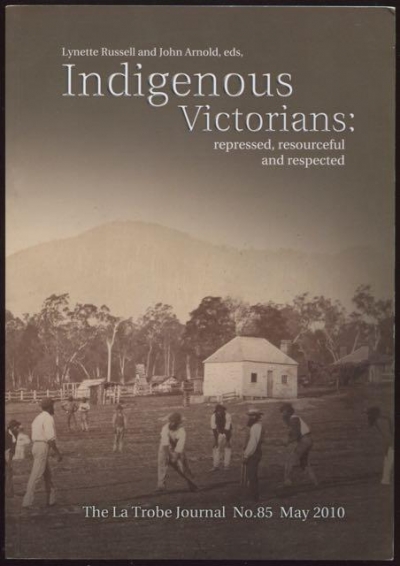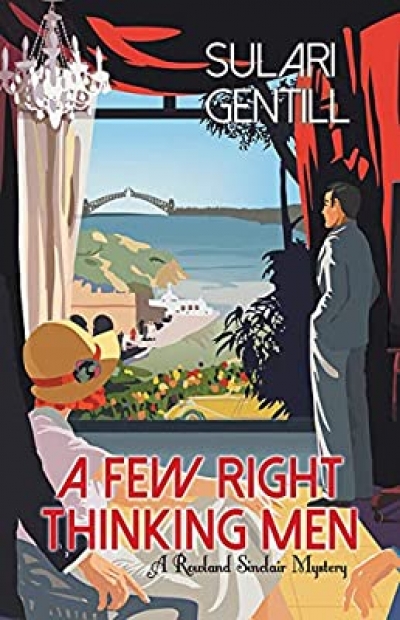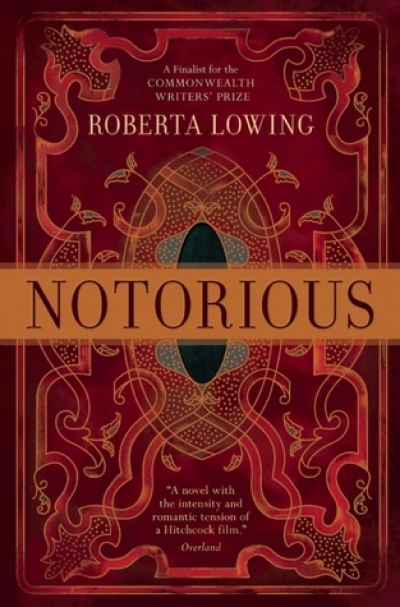Archive
Public Life, Private Grief: A Memoir of Political Life and Loss by Mary Delahunty
by Corrie Perkin •
Indigenous Victorians: The La Trobe Journal, no. 85 edited by Lynette Russell and John Arnold
by Maria Nugent •
The Bridge: The life and rise of Barack Obama by David Remnick
by Bruce Grant •
Many of my dreams have to do with the sea. Sometimes they concern Antarctica, an exciting prelude to going into the interior with other people.
... (read more)Australian Journal of French Studies, Vol. XLVII, NO. 2: Jacques Rivette by Brian Nelson
by Colin Nettelbeck •
Going Down Swinging, No.30 edited by Lisa Greenaway, Nathan Curnow, and Ella Holcombe
by James Langer •


